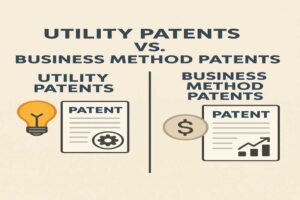Current definition By its very definition Law, is the set of legal, interpretative or directive provisions which, at a given time and in a specific legal order, regulate the status of people according to their situation and their acts, as well as the relationships of these with the others. (1) The Law also regulates the disposal and disposal of movable and immovable property as well as regional planning, road traffic, maritime, air and more recently space navigation.
The main purpose of law is to settle conflicts. The solution of conflicts between people and / or entities, private and / or public.
The legal world designates it as positive, because that is how it designates a concept currently in force.
The Law of almost all legal orders enshrines the rule or principle of state sovereignty. This term recalls that the state has (almost) all powers. Therefore, the Law is both the mechanism and the expression of power.
As in the financial and economic systems, there is no winner without there being a loser, a zero-sum game requires no right exists without an obligation.
In reality, in the functional system of all legal orders, what is called the Law is only right for the State, its leaders and the wealthy who can buy the previous two.
For the others, these are only obligations.
For a New Definition of Law
That the Law serves to resolve conflicts resonates in my mind as if medicine were still limited to avoiding death. Over the years, it has extended its ambitions to control pain, jugulate illnesses, compensate for disabilities, etc..
Shouldn’t the Law aim beyond Security and Justice?
Like spreading Happiness …
What could-we do in this goal? I am inviting you to reflect.
Bibliography
(1) Extract modified by the author of the Private Law Dictionary by Serge Braudo in partnership with Baumann Avocats.







